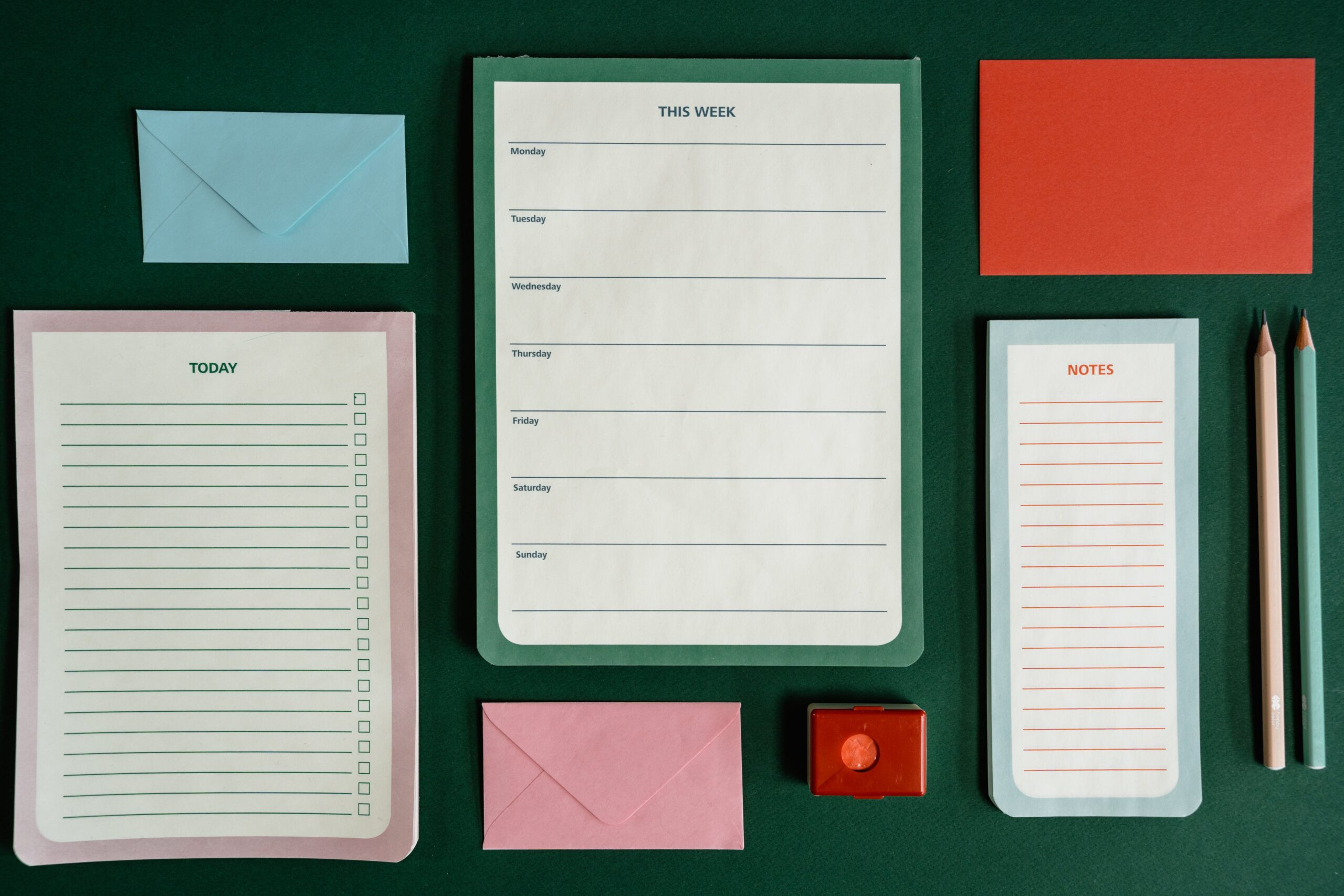Preparing Your Spokesperson for Media Interviews

An important element to an impactful news story is the human element which is why more and more reporters are incorporating the experiences of a spokesperson to enhance their story. While a subject matter expert voice is important and helps to provide important information and create credibility, a consumer spokesperson’s first-hand experience can help a story connect with a wider audience. Engaging with a real person’s story allows readers, viewers or listeners to connect to the issue on a direct, personal level.
In healthcare PR, we frequently help to boil down complex healthcare-related issues such as participating in clinical trials, engaging patients in their care or improving access to care to the general layperson. By connecting patient spokespersons who have been directly impacted by the issue with a reporter writing a story on the topic, we help to facilitate a story that can connect the dots for how this issue could potentially impact the everyday person.
While a media interview can add significant value to a news story, it can be a very daunting task for even the most seasoned veterans who have had extensive media training.
So how do you prepare a consumer spokesperson to take on this assignment? There are four key things to keep in mind:
1. Provide the necessary background information. By clearly explaining the purpose of the interview and how the patient spokesperson’s perspective will fit into the overall piece, you will help them feel more at ease with the interview process. It’s important to provide background on the media outlet and the individual reporter, including any previous coverage on a similar topic and insights into the reporter’s interviewing and writing style. You should also outline potential topic areas and questions that you think will likely be covered in the interview. Fear of the unknown is what causes the most anxiety going into an interview, so the more information you can provide, the better!
2. Outline key messages to reinforce. While you want your patient spokesperson to be authentic in their responses, it’s important to prepare them by providing a list of key messages and points to reinforce. By providing these background materials, you will give the interviewee the opportunity to digest the information, prepare their thoughts and make the messages their own. As part of this effort, you can also work with the patient spokesperson to identify topics that they may not be comfortable discussing. If the sensitive topic is brought up in the interview, they will be prepared to bridge to another point that they are more comfortable discussing.
3. Provide detailed logistical instructions. Whether the interview will take place via phone for a print outlet or in studio for a broadcast outlet, providing specific logistical instructions is an important part of preparing the patient spokesperson. Detailing the time and location, as well as the anticipated length of the interview is very important information to provide. Additionally, outlining any nuances about the circumstances around the interview is important to convey. For example, if the patient spokesperson is participating in a broadcast interview, giving them instructions on what to wear (i.e., no white or loud patterns) will ensure that they present themselves well on camera.
4. Hold a prep call prior to the interview. Don’t underestimate the importance of holding a prep call with the patient spokesperson. Sending information via email to prepare for the call is helpful, but verbally walking them through all the information over the phone could highlight additional questions the spokesperson may not even have known that they had. During this call, you can take the opportunity to ask a few sample questions to help practice responses and ensure the person’s comfort level going into the interview. While an FAQ may make your patient spokesperson feel too coached, helping them prepare a response to the reporter’s likely first question will allow them to start the interview strong.
If circumstances allow, it is also helpful to staff the interview. This will allow you the ability to provide feedback and gain a full understanding of how the reporter approached the interview, as well as the topic areas that were covered. It will provide insights into how to better prepare your spokesperson and others for future interviews.
By properly preparing the patient spokesperson, you are not only setting up the resulting story for success, but you are also ensuring a positive relationship with the person going forward.
This is an excerpt of an article originally published by Bulldog Reporter.




